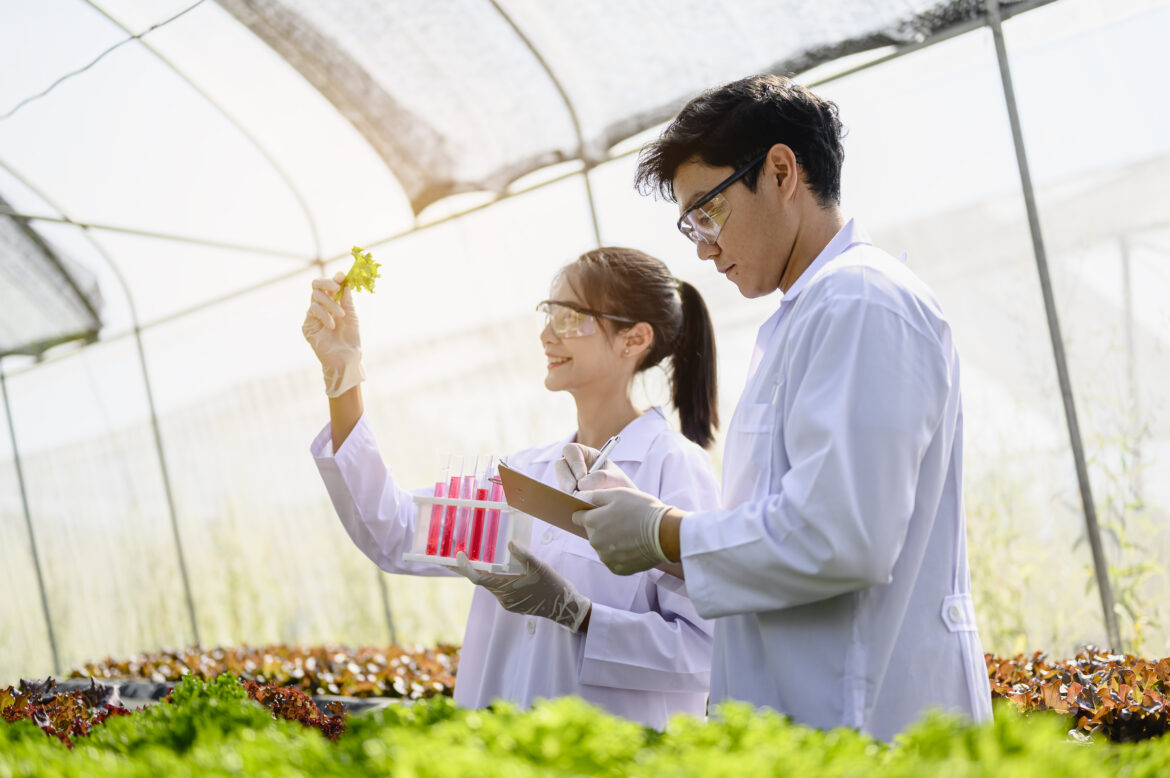The agricultural sector, which is the foundation of human civilization, has been seeing a remarkable change during the time of the Agri-tech startups’ rise, whose birth was accompanied by a tremendous technological revolution. These start-up firms move in by deploying technology as the solution to the food production, distribution, and consumption problems that have been troubling humans for ages. This article takes the readers to visit one of the most fascinating facets of innovation, the realm of Agri-tech startups: how it impacts the agricultural sector and the entrepreneurial spirit that drives this wave of change.
The article pinpoints the stories of Agri-tech startups that have been successful and have immensely important significance in local and global farming and they come with authentic examples of how technology can change farming.
Challenges in Traditional Agriculture:
- High loss productivity: Traditional farming methods are quite often faced with all sorts of challenges from low yields to and inefficient nature of resource utilization. Supply Chain Inefficiencies: The agricultural chain is spoiled sharply with inabilities since it exerts food waste and as well raises costs.
Role of Agri-tech Startups:
- Precision Farming: Precision Farming is one of those things that Agri-tech companies are very dedicated to by means of sensors, drones, and satellites. This enables farmers to achieve the levels of resource use efficiency, diagnose health problems of crops in time, and boost the productivity of their farms as a result.
- Smart Irrigation: Water is a strategic part of the problem of food crop farming. Entrepreneurial individuals are generating innovative water-saving techniques that utilize analytics and automation to optimize water usage and decrease waste.
- Crop Monitoring: One of the most advanced remote sensing technologies is the real-time monitoring of crop conditions, identified diseases and pests, and the taking of immediate actions to help farmers to avoid big losses.
- Supply Chain Optimization: Blockchain and IoT technologies are now in use in the increasingly integrated agricultural supply chain, causing improvement of the system efficiency, transparency, and food wastage minimization.
Innovative Technologies Driving Agri-tech:
- Artificial Intelligence (AI): AI algorithms are integrated into the system to help with decision-making in areas such as crop management, pest control, and yield prediction, to improve modern farming.
- Internet of Things (IoT): IoT devices, e.g. sensors and actuators, widely deployed in fieldwork, help collect and transmit data from the field which is utilized for data-driven decisions.
- Blockchain: The key advantage of blockchain is the traceability and transparency principle that ends up in little to no fraud and better accountability.
- Robotics: Autonomous systems such as machines and robots are currently used by farmers to plant, harvest, and weed their crops.
Funding and Investment Landscape:
- Regulatory Hurdles: When it comes to Agri-tech entrepreneurs, regulatory matters are related to data protection, the environmental situation, and the development of modern inventions within traditional agricultural practices.
- Market Access: Clearly agricultural technology companies (Agri-tech startups) should develop efficient communication pathways to farmers in addition to creating credibility for technology newcomers.
- Sustainable Practices: Entrepreneurs, following the aim in sustainable agriculture practices, try to fill the vacuum of ecologically clean and fair-trade food products.
Success Stories and Case Studies:
- A specific case study mentioning Agri-tech start-ups and their influence on both domestic and world production.
Conclusion:
The concluding part which accentuates the innovative functions of Agri-tech startups that address the conventional problem of farming. Through stressing the continual necessity of innovation, collaboration, and creativity as a strategy for the attainment of an agrarian future that will be sustainable and efficient.
Reference:
Challenges in Traditional Agriculture:
- Traditional Farming Practices and Its Consequences1.
- Environmental Impact of Traditional Agriculture & Farming2.
Role of Agri-tech Startups:
Innovative Technologies Driving Agri-tech:
- Agriculture Innovation: 10 Tech Trends to Watch in 20235.
- Agriculture’s Connected Future: How Technology Can Yield New Growth6.
Funding and Investment Landscape:
Success Stories and Case Studies:
- Agroecology Success Stories from Across the African Continent9.
- Case Studies of Success Stories in Kenya’s Agribusiness Sector10.



1 comment
Can you be more specific about the content of your article? After reading it, I still have some doubts. Hope you can help me.